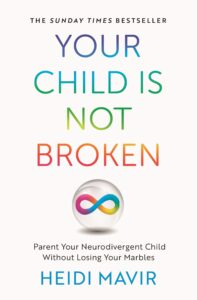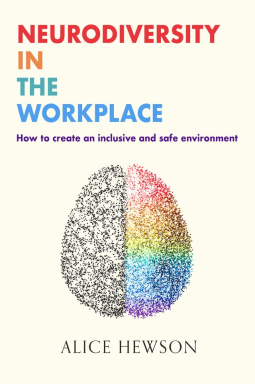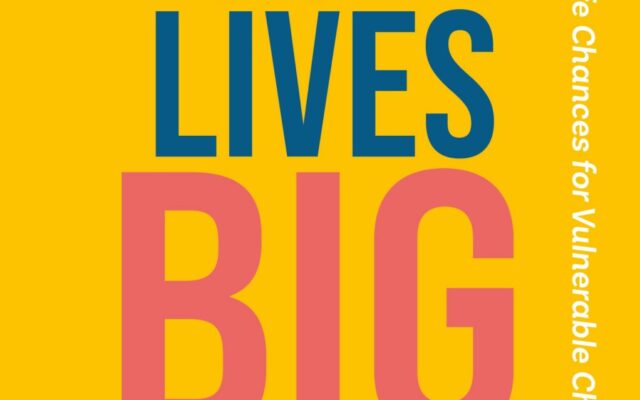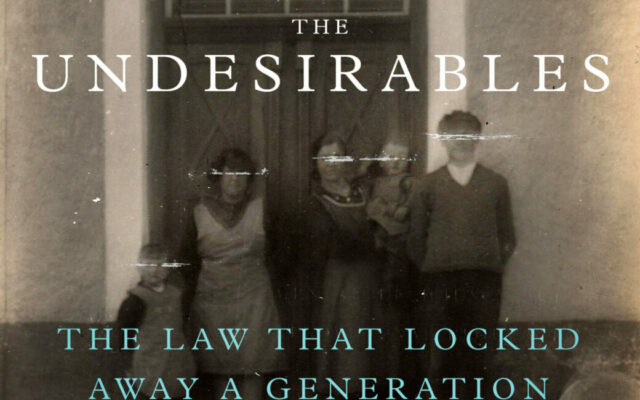 An education professional who I (wrongly) assumed was an expert told me that the reason my son didn’t want to go to school was that he knew I was “a soft touch”. She told me I needed to put my foot down.
An education professional who I (wrongly) assumed was an expert told me that the reason my son didn’t want to go to school was that he knew I was “a soft touch”. She told me I needed to put my foot down.
A child and adolescent mental health services worker told me that when it came to his anxiety, we needed to teach him to “try harder in the face of adversity”.
More professionals than I can count told me that Theo needed to “build resilience”.
I was told that he needed to learn not to interrupt, not to ask so many questions and not to be so sensitive.
I was warned that he was making himself an obvious choice for bullies: Theo needed to try harder to fit in and not draw attention to himself.
I was told that my child was broken.
The narrative that accompanied that assertion was that it was almost certainly my fault that my gloriously neurodivergent child was struggling.
I now know how ableist, misinformed and harmful that advice was.
This book is the book I needed in those early days – the days when our family was in crisis; when my son’s anxiety made him so unwell he couldn’t go to school; when I had no idea what sensory needs or emotional regulation or trauma profiles were; when I was blissfully unaware of the damage caused by pervasive stereotypes around neurodivergence; when I was drowning under the weight of well-meaning but incredibly unhelpful advice from professionals who I believed knew what was best for our family; when my only point of reference for autism was Dustin Hoffman’s performance in Rain Man. When I had no idea that I too was autistic.
Growing up in a “neuronormative” world, neurodivergent children are taught from a young age that our way of being is “wrong”: “don’t rock on that”; “don’t fidget”; “don’t ask rude questions”; “get down from there”; “stop being silly”; “don’t be so sensitive”; “sit still”; “look at me when I’m talking to you”.
The consequences of us not conforming range from being excluded by peers and being othered in social situations, to becoming overwhelmed to the point of a meltdown by sensory stimuli and demands on us to do things in a particular way.
Many neurodivergent kids learn early on that not behaving according to expectations will result in them getting into trouble.
A natural, unavoidable and very often unconscious consequence of this realisation is that these children mask – they learn to suppress their needs and sensory responses and temper their behaviours. They become experts at fitting in as a means of survival.
Before starting on this journey, I had a very narrow view of neurodivergence. Like many people, my understanding of autism, in particular, was largely based on what I’d seen in the media.
In my teens, Rain Man and What’s Eating Gilbert Grape were huge box office hits.
As a result, I thought all autistic people were savants, banged their heads on stuff and had learning disabilities. Of course, some do fit those criteria. That’s the key though: some is not all.
Heidi Mavir is a speaker, advocate, author, podcaster and parent of an autistic teenager




